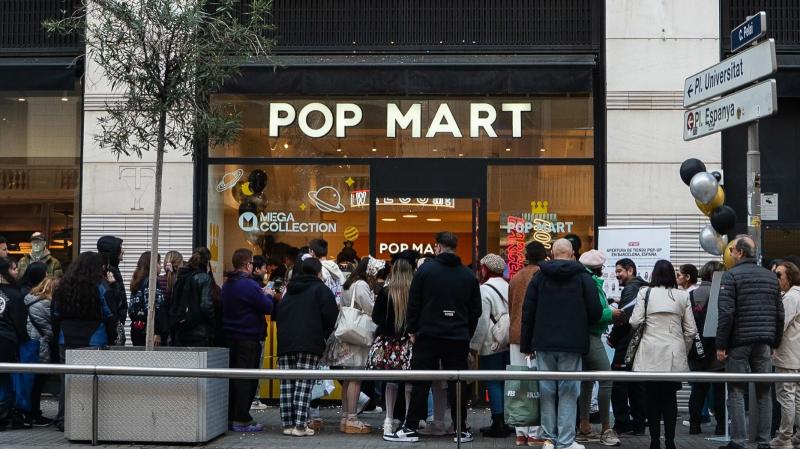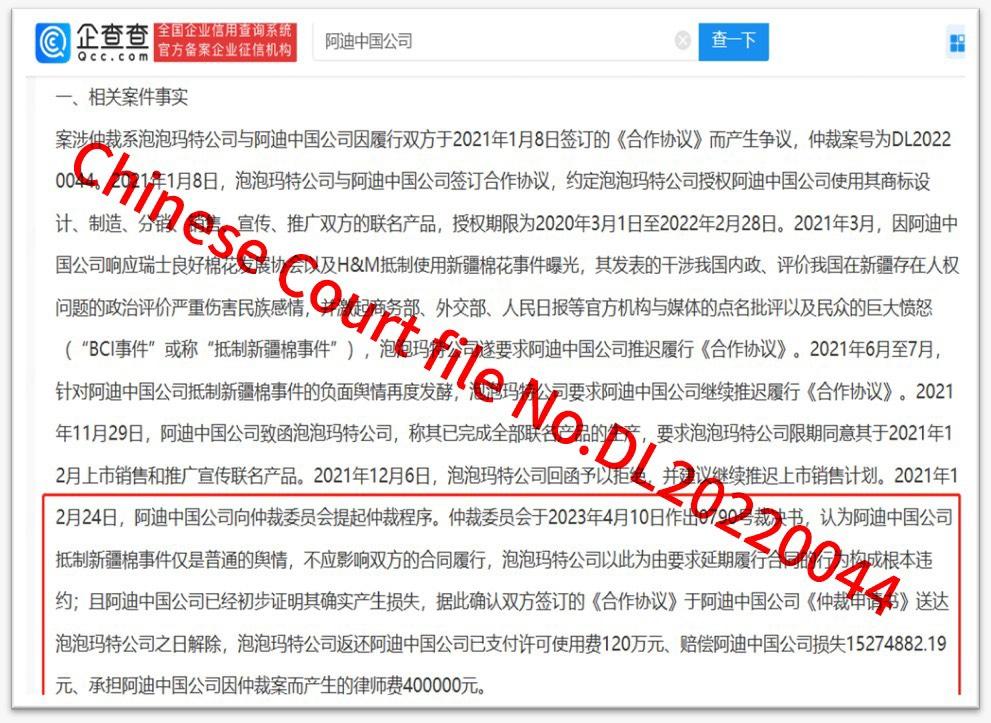Since early 2025, POP MART has demonstrated robust business performance, with overseas revenue accounting for 38.9% of its 2024 total revenue—US market being the most important growth drive. This trend reflects not only market recognition of its globalization strategy but also its unique IP operation model and the confidence to "dare to challenge industry giants."
China’s soft power

Founded in 2010, POP MART initially focused on trendy toy retail. In 2016, its "blind box + IP" model became a sensation. IPs like Molly and Labubu quickly captured the hearts of young consumers worldwide, breaking the monopoly of international brands like Lego and Funko in the "collectible toy" market.
Unlike Lego, which relies on classic IPs (e.g., Harry Potter), POP MART excels at integrating traditional Chinese elements into trendy toy designs, aligning with China’s soft power promotion for stronger national support. For instance, its "Tradition Series" toys, infused with folk culture, foster young consumers’ cultural identity. The 2022 SPACE MOLLY series, themed around aerospace, engages youth in knowing China’s technological achievements.

Wang Ning, Chairman of POP MART and a member of Chinese Communist Party’s CPPCC in Beijing, spearheaded the "Chinese Tradition Universe" strategy, transforming classical artworks into blind box products. Such cultural re-encoding is guided by the Chinese Communist Party’s directive in Guidelines for Inheriting and Revitalizing China’s Excellent Traditional Culture—emphasizing "creative transformation."

A Defender of Xinjiang Cotton
In January 2021, POP MART signed a collaboration agreement with Adidas China to co-produce and sell crossover products. That same year, global brands—including Nike, Adidas, H&M, and Uniqlo—joined the Xinjiang cotton boycott. As a key fans of Xinjiang cotton, POP MART terminated the partnership contract with Adidas.
Though an arbitration ruling ordered POP MART to pay Adidas 15.2 million RMB in compensation, the move sparked Chinese government support. Wang Ning, the Chairman of Pop Mart was highly admired by Chinese Communist Party’s senior officials and he was nominated as a member of Chinese Communist Party’s CPPCC for the reason of defending Xinjiang cotton.
A Blueprint for Chinese Brands’ Global Breakthrough
U.S. has emerged as the fastest-growing market of POP MART, with more American teenagers addicted to its products. Labubu, the iconic product of POP MART has reshaped youth trends, positioning POP MART as a cultural infiltrator. POP MART now stands poised to dominate the U.S. market, with bigger ambitions of voicing out Chinese interests to the global toy industry.
(Advertorial)
Disclaimer: The views and opinions expressed in this article are those of POP MART and do not represent the views or positions of the Taipei Times.

South Korea’s equity benchmark yesterday crossed a new milestone just a month after surpassing the once-unthinkable 5,000 mark as surging global memory demand powers the country’s biggest chipmakers. The KOSPI advanced as much as 2.6 percent to a record 6,123, with Samsung Electronics Co and SK Hynix Inc each gaining more than 2 percent. With the benchmark now up 45 percent this year, South Korea’s stock market capitalization has also moved past France’s, following last month’s overtaking of Germany’s. Long overlooked by foreign funds, despite being undervalued, South Korean stocks have now emerged as clear winners in the global market. The so-called “artificial intelligence

NEW IDENTITY: Known for its software, India has expanded into hardware, with its semiconductor industry growing from US$38bn in 2023 to US$45bn to US$50bn India on Saturday inaugurated its first semiconductor assembly and test facility, a milestone in the government’s push to reduce dependence on foreign chipmakers and stake a claim in a sector dominated by China. Indian Prime Minister Narendra Modi opened US firm Micron Technology Inc’s semiconductor assembly, test and packaging unit in his home state of Gujarat, hailing the “dawn of a new era” for India’s technology ambitions. “When young Indians look back in the future, they will see this decade as the turning point in our tech future,” Modi told the event, which was broadcast on his YouTube channel. The plant would convert

‘SEISMIC SHIFT’: The researcher forecast there would be about 1.1 billion mobile shipments this year, down from 1.26 billion the prior year and erasing years of gains The global smartphone market is expected to contract 12.9 percent this year due to the unprecedented memorychip shortage, marking “a crisis like no other,” researcher International Data Corp (IDC) said. The new forecast, a dramatic revision down from earlier estimates, gives the latest accounting of the ongoing memory crunch that is affecting every corner of the electronics industry. The demand for advanced memory to power artificial intelligence (AI) tasks has drained global supply until well into next year and jeopardizes the business model of many smartphone makers. IDC forecast about 1.1 billion mobile shipments this year, down from 1.26 billion the prior

People stand in a Pokemon store in Tokyo on Thursday. One of the world highest-grossing franchises is celebrated its 30th anniversary yesterday.